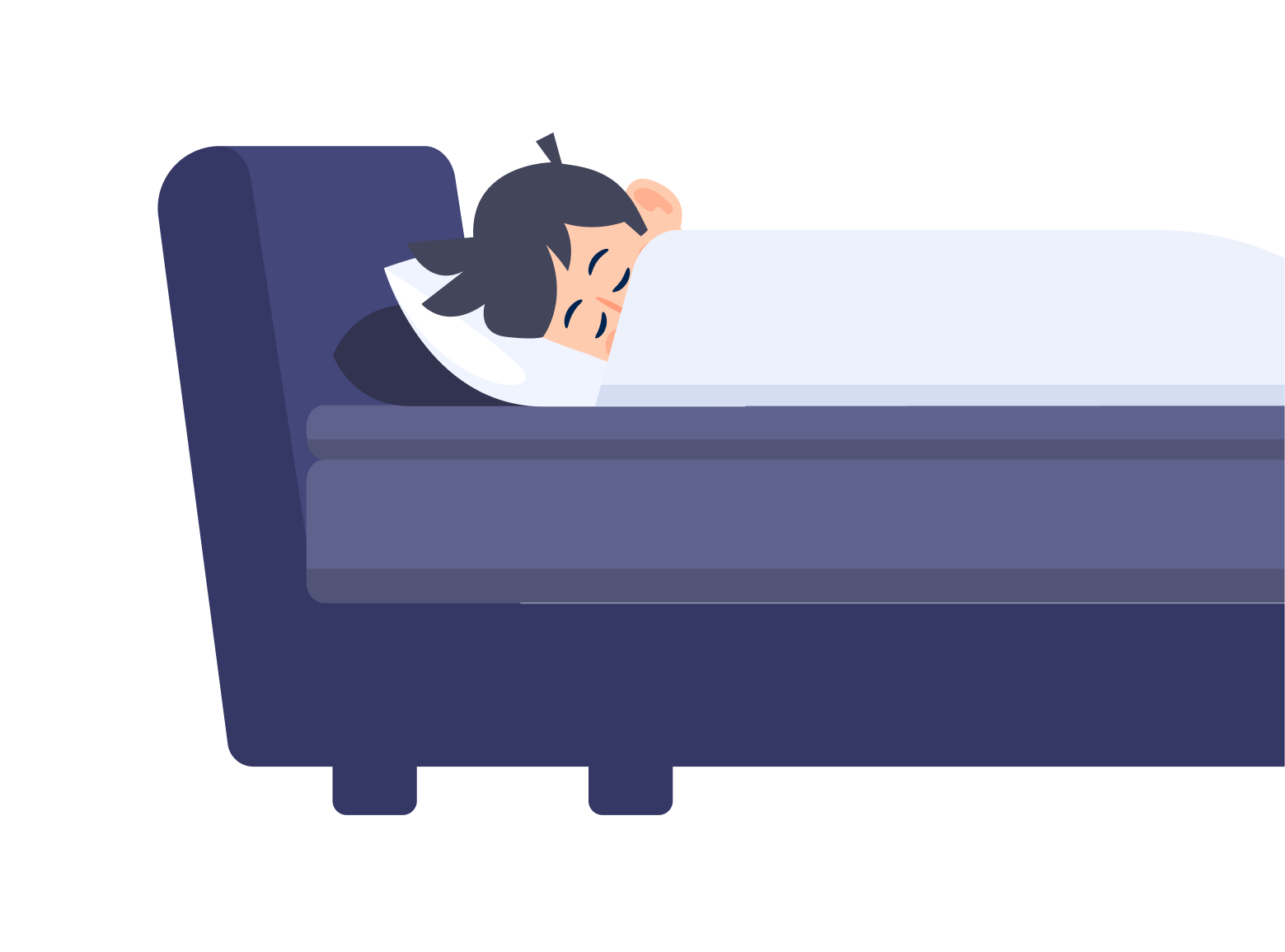Dreams have long captivated the human imagination. From ancient civilizations interpreting nocturnal visions as prophecies to modern psychologists seeing them as windows into our hidden selves, dreams consistently spark curiosity. Yet, they are more than mere curiosities or entertainment. Many theories suggest that dreams can influence our waking behaviors, emotional states, and ultimately the choices we make. Whether you are weighing a life-changing career move, grappling with a complex personal dilemma, or trying to overcome creative blocks, understanding how dreams impact decision-making can offer valuable insights.
The Subconscious Mind: A Hidden Player in Decision-Making
Much of what drives our choices and impulses resides beneath conscious awareness. Even when we believe we have logically dissected every option, subtle undercurrents of emotion and memory guide us. The subconscious mind often retains fragmented experiences, stray observations, and unacknowledged feelings. These elements can linger, waiting to be processed.
Dreams provide a unique forum for this processing. In sleep, the usual filters of rational thought loosen, allowing the subconscious to blend images, symbols, and emotional impressions freely. The narratives that emerge—however strange—can reflect genuine psychological content. Thus, dreams can be seen as personalized stories in which the subconscious attempts to reconcile, reorganize, or highlight unresolved concerns.
From a decision-making standpoint, the subconscious mind’s role matters because every choice involves more than just a cost-benefit analysis. We carry biases, fears, and desires that might not be obvious while we are awake. By recognizing that dreams can illuminate these hidden aspects, we open ourselves to deeper self-awareness. Although dreams may not provide a neatly packaged “answer,” they can reveal priorities or conflicts that shape what we ultimately decide.
Dream Analysis as a Window into Unconscious Thoughts
Analyzing dream content can be a powerful way to unearth emotional truths. While dream symbols are highly personal, certain recurring motifs—falling, being chased, navigating a labyrinth—often point to recognizable patterns of stress or internal struggle. Interpreting these images does not require rigid systems of symbolism. Instead, it involves asking questions such as, “What feelings stood out?” or “Which elements from my waking life do I see reflected?”
For instance, if you dream of wandering in a confusing cityscape, you might be exploring uncertainty about a current situation. Perhaps you are torn between two job offers or feeling lost in a relationship. The specifics—dimly lit streets, locked doors, or unfamiliar maps—can reflect how overwhelmed or ill-prepared you feel. Upon waking, this realization might urge you to seek clarity, prepare better, or gather more information before choosing a path.
Similarly, if a dream features unexpected guidance—like a friendly stranger offering you a key—you could interpret that as a part of yourself encouraging self-trust. Perhaps the dream underscores a belief that the tools for resolving your conflict already exist within you. Even if the narrative seems fantastical, focusing on its emotional core can highlight what feels supportive or what feels threatening. Armed with those insights, decision-making in the real world can become more aligned with your deeper needs.
Emotional Processing and Problem-Solving
Dreams are also believed to play a role in emotional regulation. During the day, we handle a barrage of stimuli—stressful deadlines, interpersonal misunderstandings, or nagging worries about the future. We may not have the time or energy to fully confront each emotional wave. Yet, while we sleep, the brain continues to sort, file, and sometimes re-stage these feelings in dream scenarios.
When a dream revisits a tense conversation or re-creates a stressful environment, it may be attempting to “complete” a process left hanging. By symbolically re-living or shifting the storyline, the subconscious tries to mitigate the emotional charge. This can lead to newfound clarity come morning. The dream may highlight the root cause of anxiety or propose alternate ways to perceive a conflict. Even unsettling dreams can serve a positive function if we interpret them as signals for unresolved issues.
Additionally, the capacity for creative problem-solving can be enhanced by dreams. It is not uncommon to wake up with an innovative idea or a fresh approach to a dilemma you have been stuck on. This phenomenon arises because, in sleep, the mind is free to form novel connections unhampered by linear, waking logic. While not all dream insights will be groundbreaking, they sometimes unlock creative solutions, making decision-making more versatile and imaginative.
Practical Tips for Leveraging Dreams
Though dreams may seem enigmatic, you can adopt simple practices to harness their insights:
- Maintain a Dream Journal
Keep a notebook or use a voice recorder by your bedside. Note every detail you recall—from characters and emotions to colors and settings. This habit strengthens dream recall over time and preserves nuances you might otherwise forget. - Identify Emotional Themes
Reflect on the emotional tone of each dream. Did you feel excitement, relief, fear, or confusion? Pinpointing these emotions helps you spot patterns—like recurring anxiety about a pending life decision or repeated confidence in a new endeavor. - Draw Parallels with Waking Life
Consider which aspects of your daily experiences the dream might reference. Are you harboring concerns about an upcoming presentation, or are you excited about a new romantic interest? Making these links can show how your subconscious is digesting current events. - Ask Focused Questions Before Sleep
If you are wrestling with a tough decision, try posing a mental question at bedtime. For instance, think, “What approach might help me resolve this conflict?” While no guarantee exists that you will dream the solution, this practice can prime the mind for relevant insights. - Stay Curious and Open-Minded
Avoid rushing to definitive interpretations. Dreams often address multiple layers of experience. Keep exploring, allowing meanings to surface gradually.
Challenges and Pitfalls
Although dreams can offer beneficial insights, it is important to maintain perspective. Some dreams may be random neural firings or echoes of mundane activities. Over-interpreting dream elements—like believing you must switch careers because you dreamt of a soaring eagle—can become counterproductive. Balancing dream interpretations with rational considerations, advice from trusted friends, or professional input is essential.
Moreover, recurring nightmares or distressing dream themes might indicate deeper psychological challenges that need attention. If negative patterns persist or profoundly disrupt your sleep, consulting a mental health professional can be wise. Dreams can be powerful messengers, but they may also reveal underlying anxiety, trauma, or depression. Addressing these issues holistically will foster healthier decision-making in the long run.
Transforming Nocturnal Insights into Daytime Clarity
Dreams represent a compelling frontier where the subconscious mind communicates through symbols, narratives, and emotional undercurrents. By paying attention to recurring themes, emotional tones, and personal symbols, we gain a deeper understanding of our internal landscape. In turn, this understanding can sharpen our decision-making abilities, whether we are pondering career moves, negotiating relationships, or seeking creative breakthroughs.
Though dreams are seldom straightforward guides, they can serve as catalysts for self-inquiry and reflection. The clarity that emerges from dream work often leads to decisions that respect both rational analysis and emotional truth. Ultimately, the path to more confident and authentic choices may lie in the mysterious realm of our dreams—if only we take the time to listen and learn.








